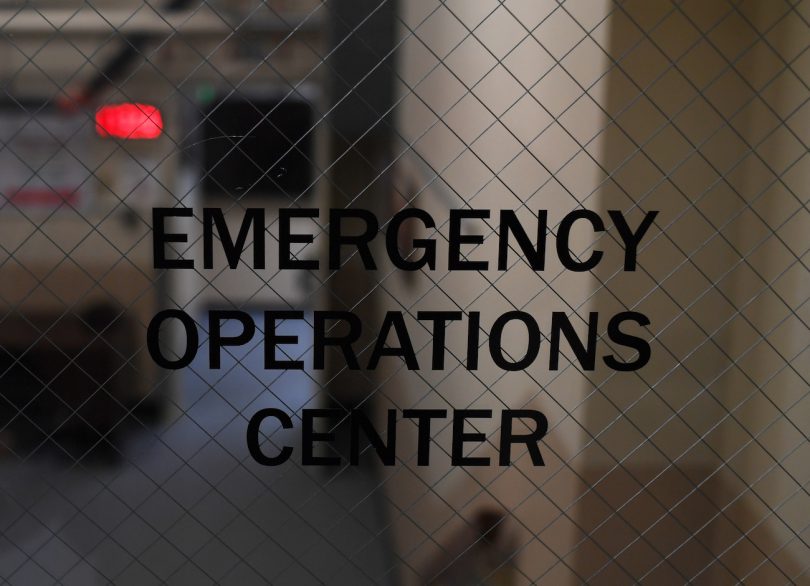Businesses and institutions around the world will be responding and adapting to the human, operational and economic effects of the novel coronavirus (COVID-19) pandemic for months, if not years, to come.
As the situation continues to unfold, here are six crisis communications lessons from past pandemics to keep in mind:
1. Plan for the worst.
Given the uncertainty about the coronavirus and what still lies ahead, ongoing crisis planning should concentrate on worst-case scenarios. For organizations, this means setting up dedicated teams and comprehensive contingency plans for each identified scenario. Help the business build the psychological and operational resilience that it will need to withstand an atmosphere of constant change and confusion.
2. Keep people first.
Communications should speak first to the families and communities affected by the virus, and explain what the organization is doing to help them. Talk about people before addressing how the virus might impact your company’s operations or profits.
Keep the internal lines of communications open 24/7 and encourage employees to openly voice their questions or fears. Listen to their concerns and share information with them from trustworthy sources such as the Centers for Disease Control, the World Health Organization, as well as state and local officials. As communicators, it’s our job to not only keep dangerous misinformation from spreading, but to also actively disseminate the truth.
3. Enlist employees.
It helps to give workers roles they can play in the crisis. Research in past pandemics has shown that employees are more likely to remain focused and productive during a crisis if three things are true: They believe their families are safe; they feel their employer is being truthful with them; and they have a crisis-related job to perform that is separate from their usual work and gives them a sense of responsibility for their colleagues’ safety and the company’s well-being.
4. Monitor and update in real-time.
Managers should continuously monitor developments regarding the coronavirus and update their outlook daily, if not more frequently. But when information about the virus changes quickly, be careful not to overreact.
Be mindful to follow credible sources such as the CDC, WHO, and state and local government. Separate fact from speculation or outright misinformation by carefully assessing the sources and validity of all new details about the disease and the measures to stop it. Take steps to verify information before acting on it or passing it along.
5. Mind your language.
As communicators, it’s up to us to translate the argot that scientists use to describe health risks into the simple, direct language that people use to make decisions for themselves and their families. We have our work cut out for us, making sure that our communications neither cause unnecessary alarm, nor give unrealistic reassurances.
6. Add signal, not noise.
It’s tempting to want to make sure that customers and other stakeholders know you’re thinking about them during a crisis. Before adding to the noise, ask these three important questions:
• Is it necessary? Are we communicating information that people need right now to keep themselves and those around them safe, or just taking up precious mental bandwidth and possibly obscuring more critical messages?
• Is it helpful? Are we sharing insights or resources that address a genuine need or concern and are not already widely available, or just jumping on the bandwagon in an effort to stay top-of-mind and not feel left out.
• Is it targeted to the right audience? Times like these call for laser targeting, not mass marketing. Determine who needs to receive what information and then parse your lists accordingly. You’ll be doing them — and your stakeholders — a tremendous service.
Jon Goldberg is the founder of Reputation Architects Inc., a strategic communications and reputation risk management advisory firm dedicated to building, protecting and restoring reputation in a world of evaporated trust and unprecedented stakeholder engagement. He is a member of the executive committee and 2021 chair-elect of PRSA’s Counselors Academy, as well as a director-at-large of PRSA’s New Jersey Chapter.







